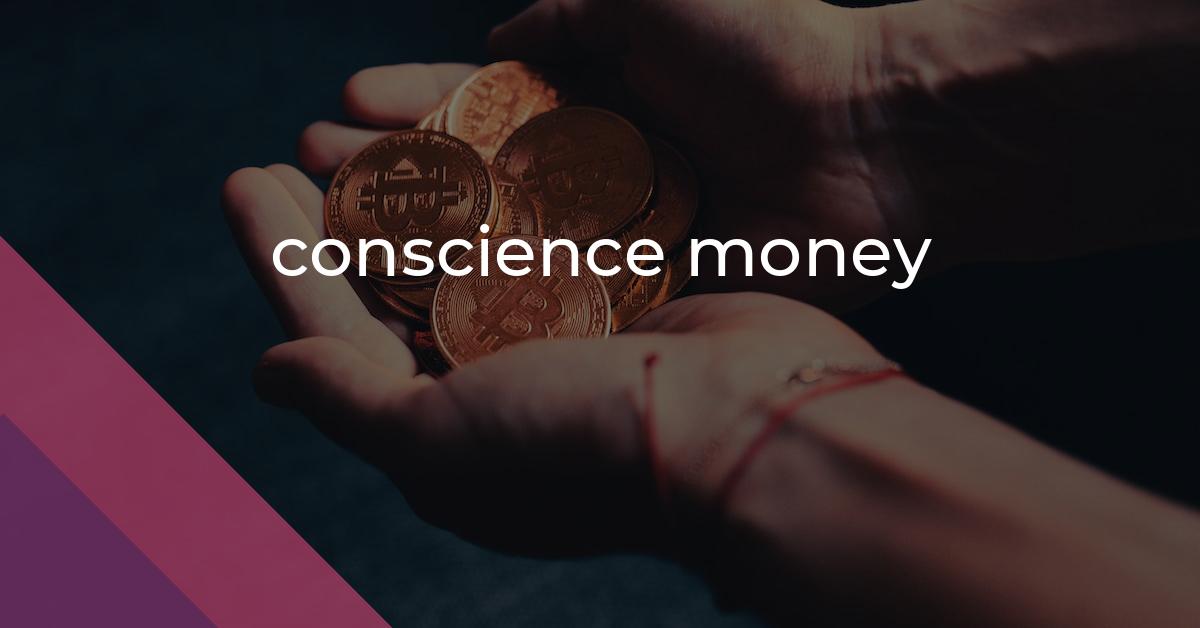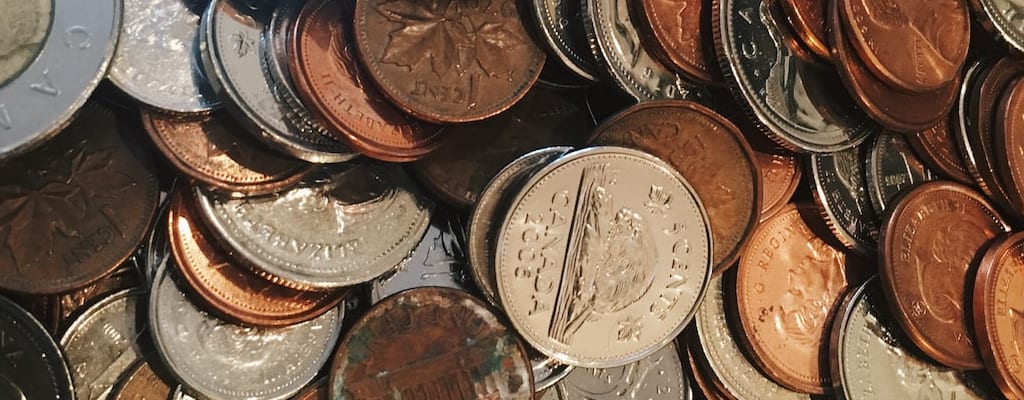conscience money: Idiom Meaning and Origin
What does ‘conscience money’ mean?
The idiom "conscience money" refers to money that is voluntarily paid by someone to alleviate their guilt or to make amends for a wrongdoing. It is often used to describe a payment made to compensate for a dishonest act or to quiet one's conscience.

Idiom Explorer
The idiom "pay one's debt to society" means to serve a punishment or make amends for a wrongdoing committed in order to satisfy the law and society's expectations of justice.
The idiom "guilty pleasure" refers to something that provides enjoyment or satisfaction, but is considered shameful or embarrassing due to societal judgment or personal feelings of guilt.
The idiom "crying shame" signifies a situation that is deeply regrettable and evokes a strong sense of unfairness or sorrow.
The idiom "cry foul" is used to express a complaint or protest about something, often when someone believes that unfair or unjust actions have taken place. It is commonly used in situations where one believes that the rules have been violated or that there has been dishonesty or wrongdoing.
The idiom "common purse" refers to a situation where a group of people pool their resources or funds together for a common purpose or goal.
The idiom "come to one's senses" means to start thinking or behaving rationally or reasonably after a period of confusion or irrationality.
The idiom "come clean" means to confess or admit the truth, especially after hiding or denying it. It implies being honest and transparent about a situation or wrongdoing.
"Cold hard cash" is an idiom that refers to physical money, typically in the form of coins or bills, that is immediately available and tangible. It implies the absence of credit, checks, or other non-monetary forms of payment.
The idiom "clean hands" means to be free from any involvement or guilt in a particular situation or wrongdoing.
The Guilt-Driven Compensation
Conscience money is a term used to describe money that is voluntarily repaid or donated by someone as a way of alleviating guilt or making amends for a wrongdoing or moral transgression. The concept behind conscience money is deeply rooted in the idea of remorse and the desire to seek redemption for one's actions.
The origin of the idiom "conscience money" can be traced back to the 18th century in England. It was used to describe money that was given by individuals who felt guilty about profiting from illegal or immoral activities. The term "conscience" refers to a person's moral sense of right and wrong, and "money" signifies the compensation or payment made in an attempt to reconcile one's guilt.
Conscience money often takes the form of anonymous donations, emphasizing the desire to make amends without seeking recognition or praise. The act of giving without claiming credit highlights the sincerity and authenticity of the gesture, ensuring that the focus remains on rectifying the moral transgression rather than personal gain or publicity.
While the term "conscience money" originated in England, the concept behind it is universal and is found in various cultures and societies. The desire to make reparations for one's actions and seek forgiveness is a fundamental aspect of human nature, transcending geographical and cultural boundaries.
Today, the concept of conscience money continues to be relevant. It represents the conflict between personal gain and moral responsibility, serving as a reminder that individuals have the power to rectify their actions and make amends, even when faced with the dilemma of ethical or moral compromise.
One related idiom to conscience money is "dirty money". This phrase is often used to describe money that is obtained through illegal or unethical means. The concept behind "dirty money" is the opposite of conscience money, as it represents an accumulation of wealth that is tainted by guilt or wrongdoing. While conscience money is voluntarily repaid or donated to alleviate guilt, "dirty money" symbolizes the negative consequences that come with ill-gotten gains.
Another related idiom to conscience money is "pay one's debt to society". This phrase is commonly used to describe the act of serving a punishment or seeking redemption for one's actions, usually through imprisonment or other forms of penalty. "Pay one's debt to society" signifies the acknowledgment of wrongdoing and the desire to make amends by fulfilling the obligation or punishment imposed by the legal system. It is a way for individuals to reconcile with society and restore their sense of integrity.
Next, we have the idiom "guilty pleasure". This term is used to describe something that brings enjoyment or satisfaction to an individual, despite feeling guilty or ashamed about it. Unlike conscience money, "guilty pleasure" doesn't necessarily involve monetary compensation or repayment. It represents a conflict between personal desires and moral standards, highlighting the human tendency to indulge in something that may be considered morally or socially unacceptable.
One more related idiom is "chump-change-idiom-meaning-and-origin/">chump change". This phrase is used to describe a small amount of money that is considered insignificant or of little value. Unlike conscience money, "chump change" doesn't involve any sense of guilt or moral transgression. It is a casual way of referring to a small sum of money that is considered trivial or unimportant.
Lastly, there is a variation of the phrase "chump change" called "chump-change". This term is used to emphasize the insignificance or triviality of an amount of money. It carries the same meaning as "chump change", emphasizing the small value or importance of the amount being referred to.
Conscience money is an idiom that captures the notion of voluntarily repaying or donating money as a means of addressing guilt and seeking redemption for one's actions. Its origin can be traced back to 18th century England, but its concept is universal and resonates with individuals across cultures. The idiom signifies the conflict between personal gain and moral responsibility, emphasizing the power of individuals to rectify their actions and restore their integrity. The concept of conscience money leaves open the possibility of exploring the complexities of human morality and the various ways in which individuals seek to reconcile their guilty conscience.
Example usage
Example 1: She decided to donate a large sum of money to a charity as her conscience money, hoping to make up for her past mistakes.
Example 2: The politician returned the bribe he had received as conscience money, seeking redemption for his unethical actions.
Example 3: After realizing they had unintentionally stolen a valuable item, the couple sent the rightful owner an anonymous check as conscience money.
More "Remuneration" idioms
We missed the mark - nothing found.



